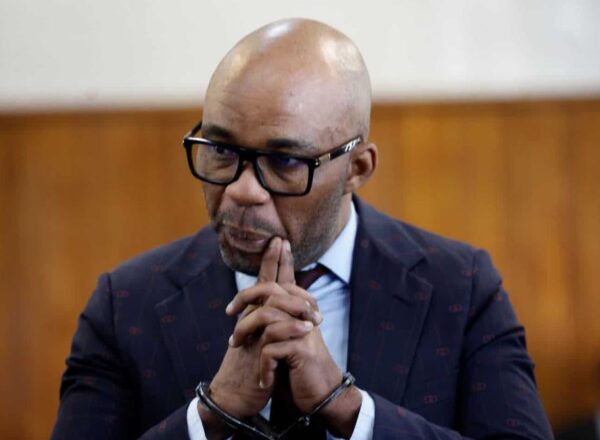
Steve Hofmeyr Sparks Outrage: ‘I Want the K-Word Back’ Amid Free Speech Debate
Steve Hofmeyr, a South African singer and activist, recently sparked controversy with a video calling for the reinstatement of the K-word and the old South African flag. Recorded after a court ruling against labeling a struggle song as hate speech, the video reignited debates about freedom of expression and race relations in the country.
CONTROVERSIAL PERSPECTIVES ON FREEDOM OF SPEECH
In a provocative video, Hofmeyr argues that reclaiming the K-word is a matter of freedom of speech. He insists many words were unjustly removed from public discourse.
Hofmeyr stated, “I want cultural appropriation back… I want insults back… is there a place for us in the future? I hope so.” His comments have ignited debate.
Many social media users criticized Hofmeyr’s views, asserting that using a racial slur contradicts principles of respect and inclusivity. Some supported his right to express these controversial opinions.
CRITICISM OF JULIUS MALEMA AND THE EFF
Hofmeyr’s remarks about Julius Malema link the EFF’s song, “Kill The Boer,” to what he perceives as incitement. He has labeled it a “death speech,” inciting fears of violence against farmers.
He remarked, “SA minorities have refugee status thanks to Malema’s death-speech and Ramaphosa’s race-hustle.” This claim has been met with skepticism concerning its underlying validity.
Critics highlight that Hofmeyr’s framing of Malema’s song overlooks broader discussions on racism and historical context, sparking further division within South Africa’s complex socio-political landscape.
Steve Hofmeyr’s controversial remarks highlighting his desire for the “K-word” and the old South African flag underscore a deep-rooted tension within South African society regarding freedom of speech and cultural identity. His calls reflect a yearning for a past that many associate with privilege, while igniting debates about racism and the responsibilities that come with free expression.
Critics of Hofmeyr emphasize that his comments promote division and fail to acknowledge the ongoing implications of racism in South Africa. Detractors argue that the glorification of apartheid symbols and language only serves to alienate marginalized groups and hinder progress toward reconciliation and unity.
Supporters of Hofmeyr, on the other hand, defend his right to voice his opinions, framing them as a fight for freedom of speech in a country that has historically faced censorship and oppressive political climates. This polarizing debate continues to reflect the complexities of race relations in South Africa, as citizens grapple with their collective history and its impact on their future.
Let us know your thoughts by leaving a comment below!
Don’t forget to share this article with others who may find it helpful.




